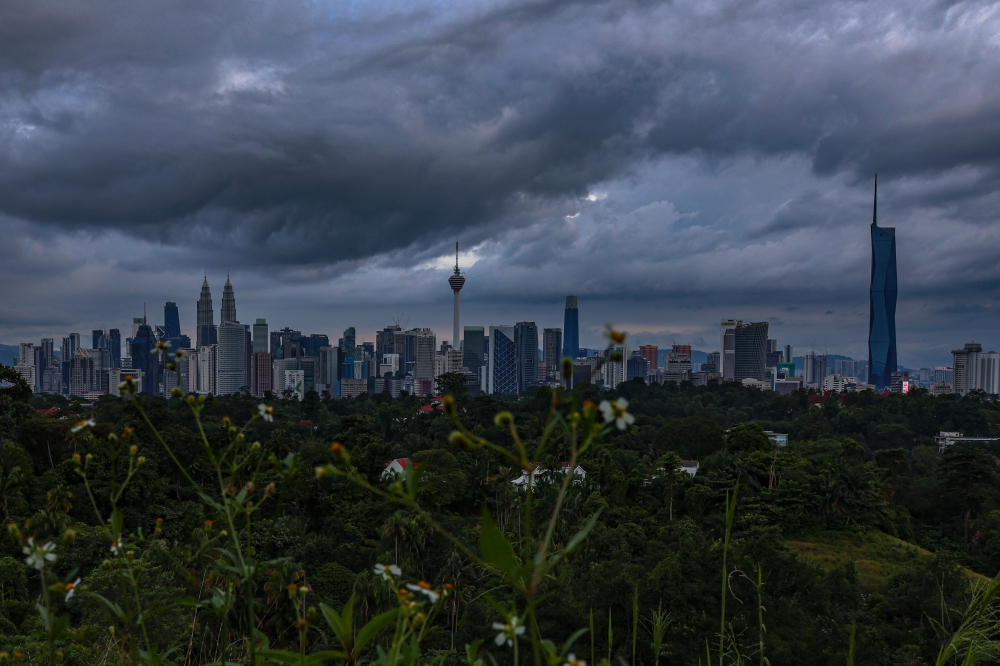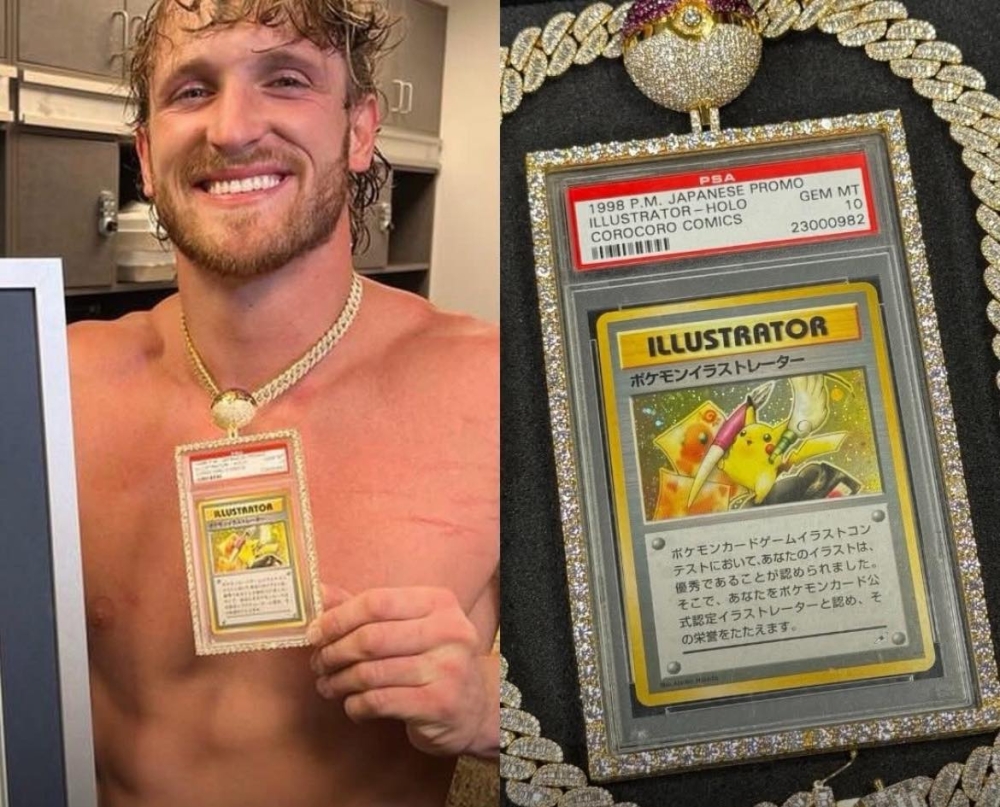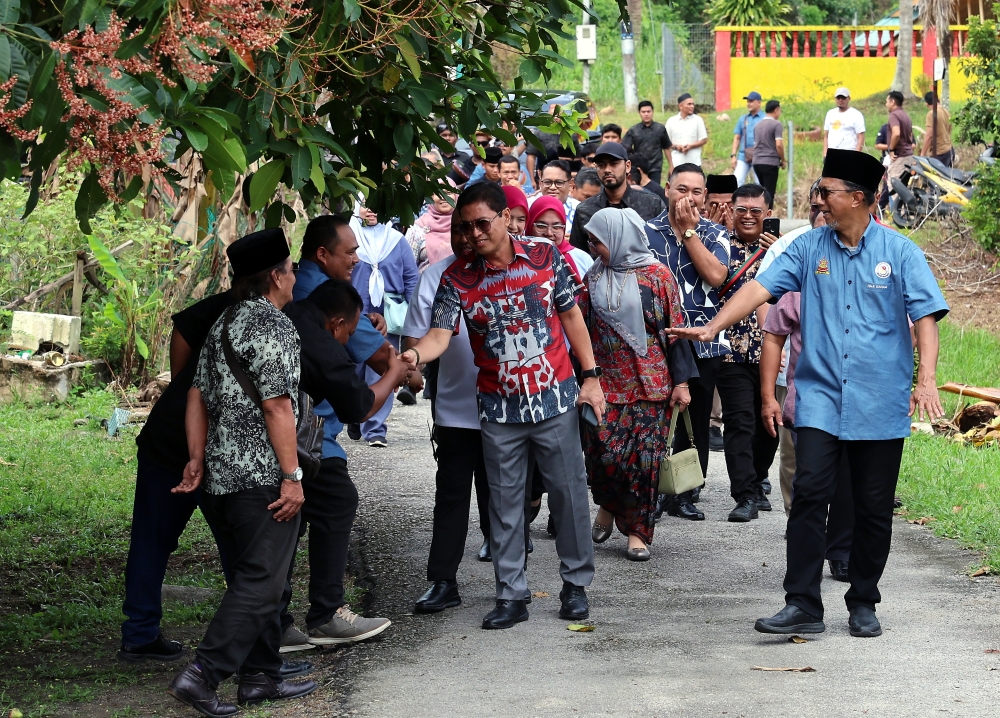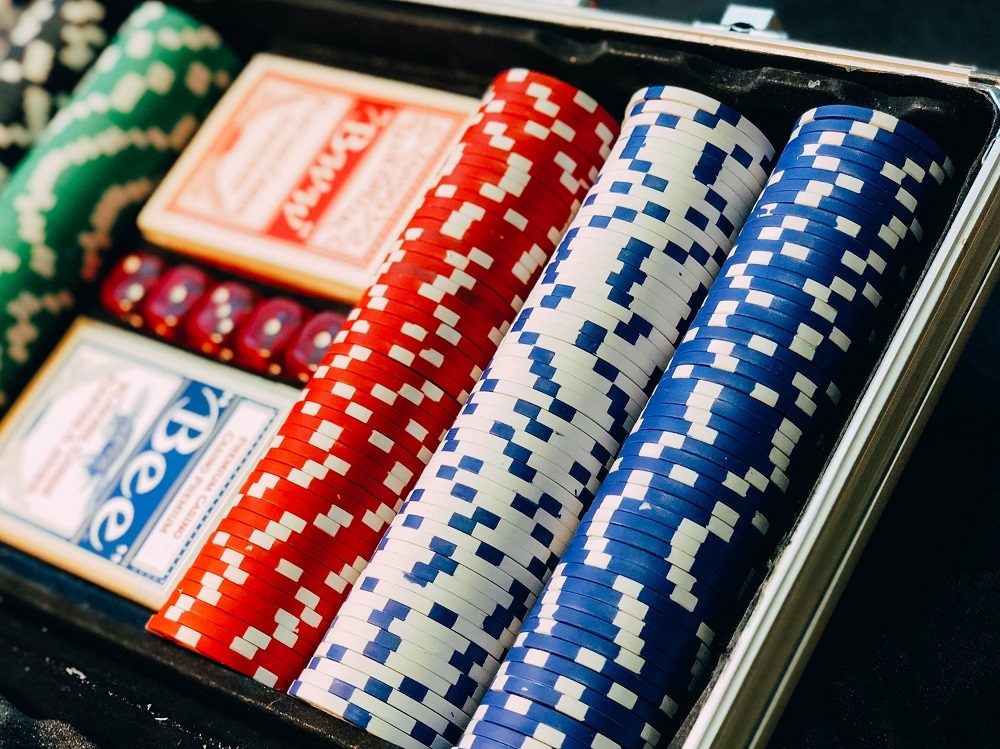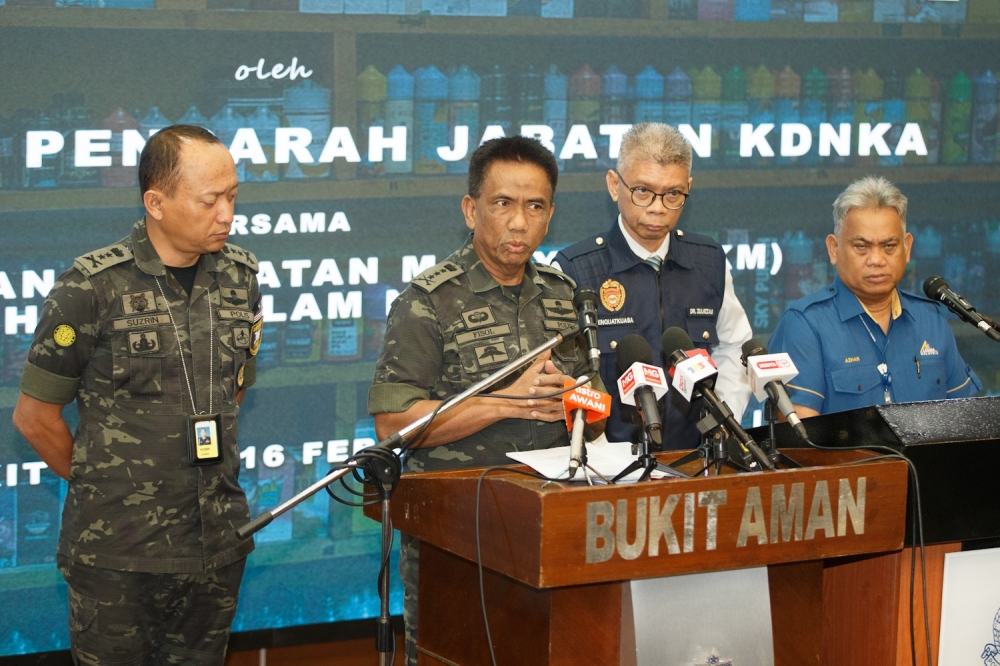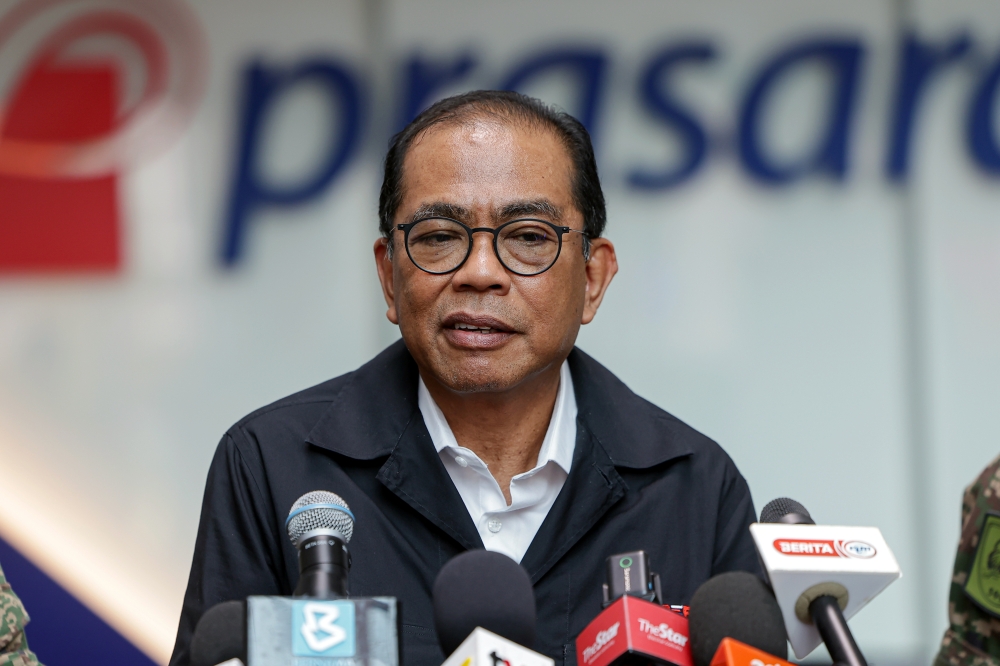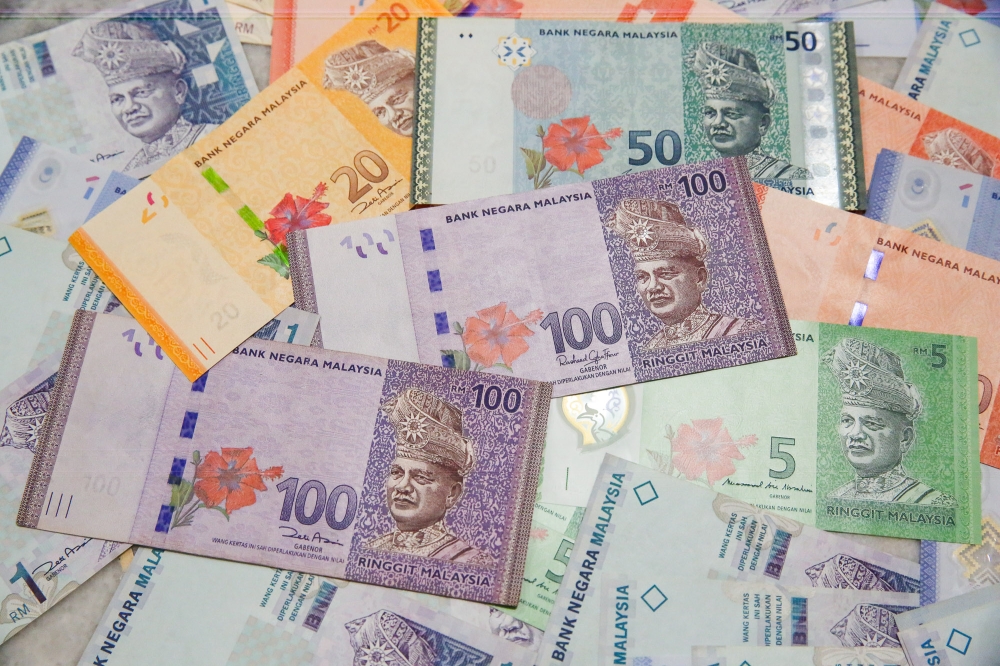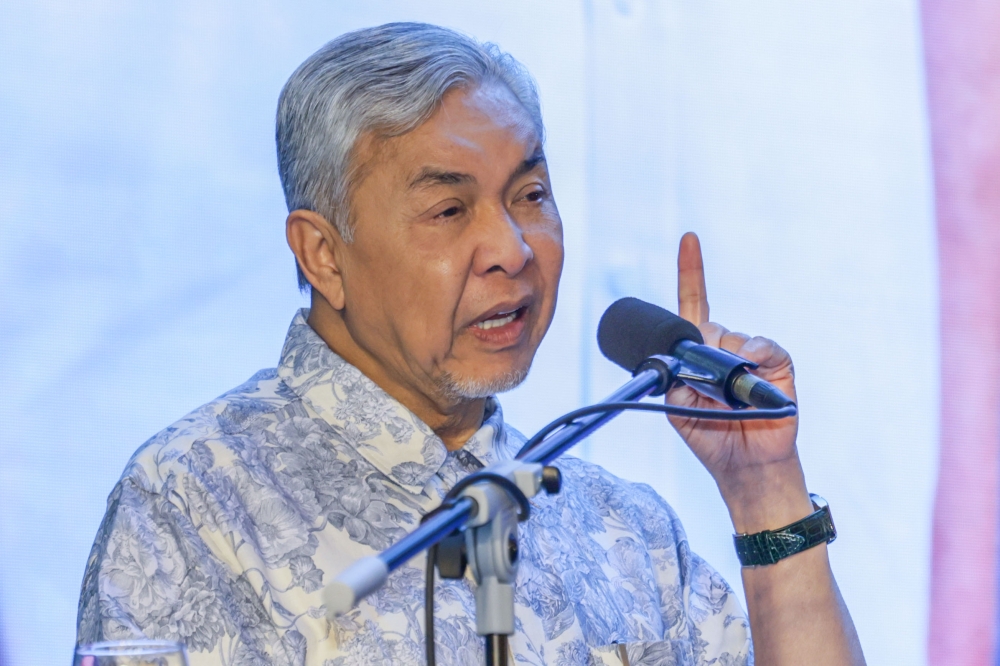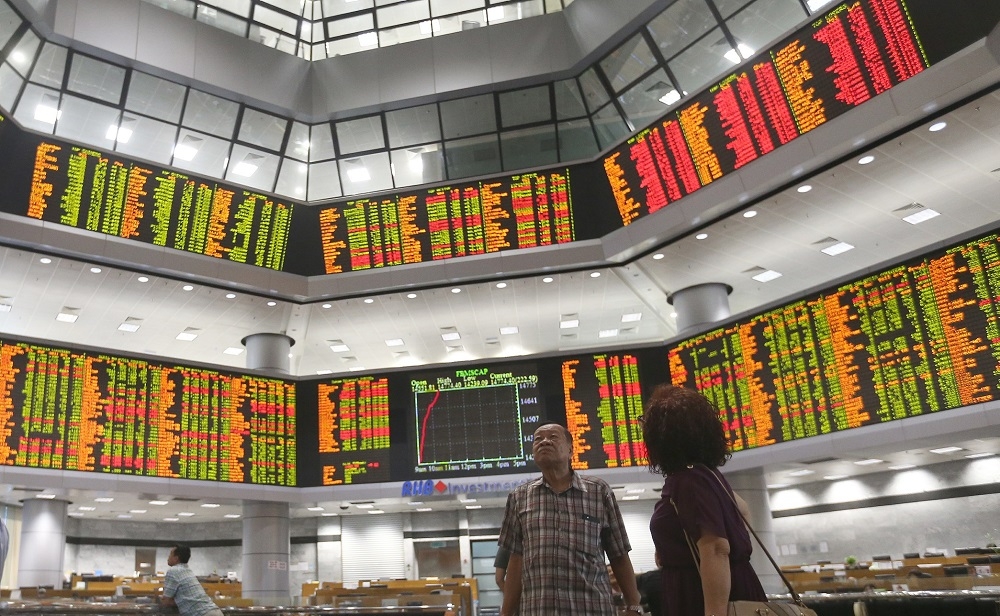KUALA LUMPUR, Aug 28 — FGV Holdings Bhd will introduce an integrated farming blueprint this year as part of the plantation company’s strategy to make productive use of marginal land, group chief executive officer Datuk Haris Fadzilah Hassan said.
He said the company wanted to look at other opportunities to enhance the return in the country’s agriculture sector and help the smallholders.
“We want to involve them in this blueprint. It has to be some kind of contract farming,” he told reporters during a media briefing on the second quarter and first half-year financial performance here today.
Haris noted that from the eight million hectares (ha) available for agriculture, 5.85 million ha was used for oil palm plantation.
That leaves little land for other crops and Malaysia is still importing a lot of food.
“So there is a drive by the government for big companies to basically help reduce our food importation, and FGV, being one of the largest plantation companies in Malaysia, needs to also play its part,” he said, adding that the land that did not generate any value for three years would be used to plant fruits — for example, pineapples, bananas and watermelons.
Meanwhile, during the briefing, Haris noted that fresh fruit bunches (FFB) and yield had increased by 15 per cent and 19 per cent, respectively, due to improved plantation management and work method, completion of estates rehabilitation and better crop evacuation methods.
There was also an improvement in average crude palm oil ex-mill cost by 23 per cent, attributed to higher FFB production and processed volume as well as improved mill utilisation factor at 77 per cent.
He also called on industry players to spread a better understanding about the industry in the European Union (EU) to stop the discrimination against palm oil.
“We need to invite the EU members to come to Malaysia and see how palm oil is being produced. Being a member of the Roundtable on Sustainable Palm Oil, FGV always ensures that its CPO here is being produced sustainably,” he said.
He also said to-date, the group had signed agreements to divest two non-core businesses worth RM129 million out of 10 such businesses, valued at RM350 million, that it planned to dispose of. — Bernama










